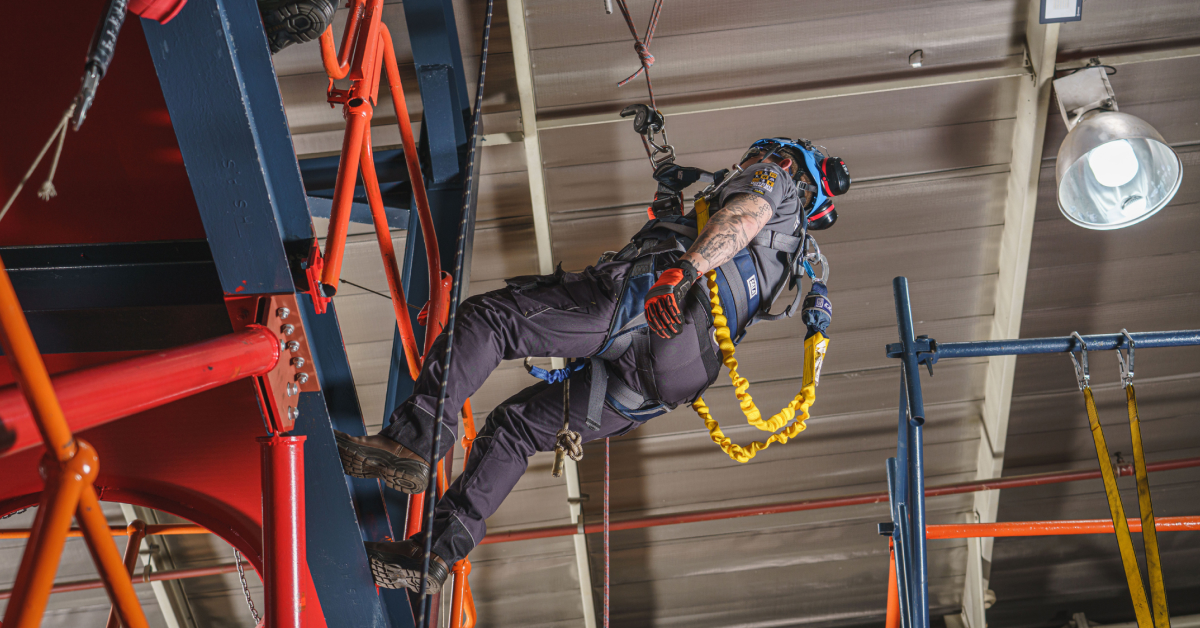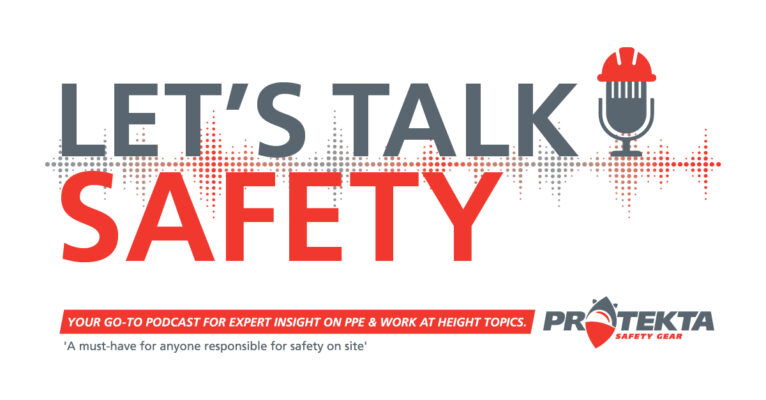General, Health and Safety, Podcast Articles, Training, Work at Heights
How to Choose the Correct Work at Heights Training Provider, Insights from the IWH
Choosing the right work at heights training provider is crucial for ensuring the safety and competence of your team, especially in high-risk industries. Here’s a guide to help you make an informed decision when selecting a work at heights training provider in South Africa.
Accreditation and Professional Approval
There are many loopholes which have been identified by ‘Fly-by-night’ Training providers who purely look to make money off signing a certificate deeming a learner competent. When selecting a training provider we believe they must be recognised and certified to a professional body – In Work at Heights that is the IWH. This ensures that the training meets industry standards and is conducted by qualified professionals. However, not all accredited providers maintain the same standards. The IWH carries out thorough vetting processes, including external moderation and regular audits which ensure the service provider is of a minimum standard compliant.
Key Considerations for selecting a training provider
1. Competence of trainers:
Ensuring that the trainers are ‘competent’ and ‘qualified’ is merely a tick box exercise. You should be confident that the facilitators have PRACTICAL knowledge and skill.
2. Quality of equipment:
Verify that the equipment used during training is up-to-date and meets industry standards. This is important in practical training scenarios, especially in high-risk environments.
3. Comprehensive safety measures:
The provider should have a comprehensive Fall Protection Plan, including protective equipment, SOPs and Rescue Procedures to reduce possibility and severity of accidents during training and ensure if there is one an appropriate rescue can be carried out Safely and Efficiently.
4. Consistency in training:
Regular external moderation should be part of the training provider’s process. This involves assessing both the training materials and the performance of the trainers to ensure consistency and quality.
5. Practical and theoretical balance:
A good training provider offers a balance of theoretical knowledge and practical skills. This ensures that trainees not only understand the concepts but can also apply them in real-world situations.
The Importance of External Moderation
External moderation is a crucial aspect of maintaining training quality. It involves an independent review of the training provider’s materials, processes, and outcomes. This ensures that all safety measures are in place and that the training is comprehensive and effective.
Avoiding Inadequate Training
Some training providers may offer substandard training to cut costs or expedite the process. This can be dangerous, especially in high-risk industries like working at heights, where inadequate training can lead to accidents or fatalities. It’s important to avoid providers who do not adhere to industry standards or who offer overly simplified courses that do not cover the necessary skills and knowledge.
Educating Companies and Individuals
Companies and individuals must educate themselves about the requirements and standards in their industry. Understanding the necessary qualifications, duration of training, and safety protocols can help in selecting the right provider. It is advisable to contact professional bodies or consult with experts to verify the credentials of a training provider.
Conclusion
Choosing the right training provider is an important decision that impacts the safety and competence of your team. By ensuring that the provider is accredited, uses quality equipment, follows comprehensive safety measures, and undergoes regular external moderation, you can mitigate risks and ensure effective training. Remember, proper training not only enhances skills but also saves lives, making it a vital investment for your organisation.
Book work at heights training in South Africa


